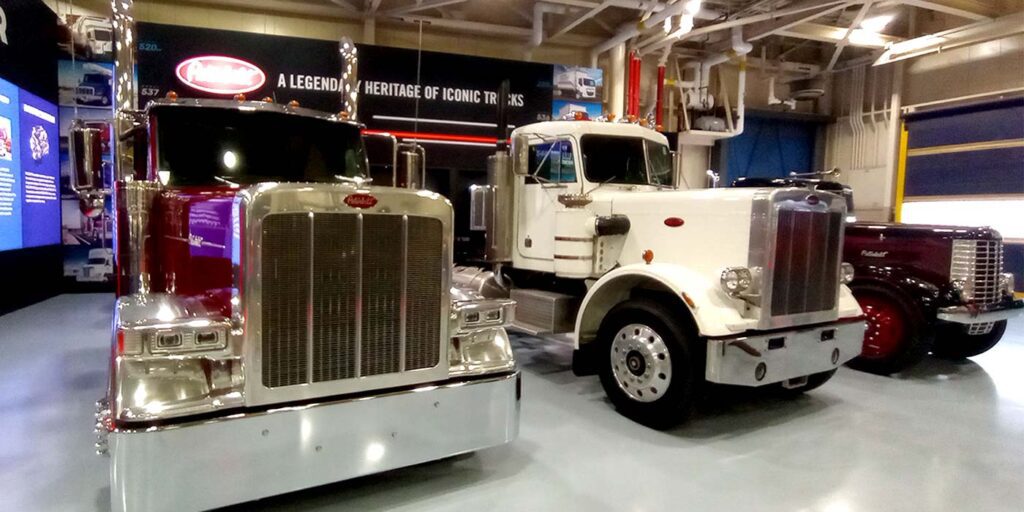As the heavy-duty truck and vocational sectors adapt to new regulations, pricing fluctuations, and changing fleet needs, Peterbilt executives emphasize that adaptability is key. During a recent press event, the leadership covered various topics, such as new fuel options and the impact of technology on productivity, while also openly discussing the challenges posed by rapidly changing trade policies and tariffs under President Trump.
Addressing Tariffs and Trade Uncertainty
A pressing concern for manufacturers like Peterbilt is the shifting tariff landscape and its possible effects on production strategies as well as customer pricing. Jake Montero, Peterbilt’s general manager and PACCAR vice president, recognized the ongoing uncertainty, noting that while tariffs have begun to emerge, their effects are still developing.
“The initial effects of tariffs became apparent a few months back,” he stated. “February marked the start with the first wave of tariffs announced followed by additional tariffs in March and even more recently. This is a constantly changing aspect of our business that we must closely monitor.”
As part of PACCAR, Peterbilt benefits from a North American manufacturing network that spans the U.S., Mexico, and Canada. This configuration provides the flexibility to adjust production based on varying costs and trade scenarios.
“PACCAR employs a versatile manufacturing strategy,” Montero explained. “We operate in all three countries… allowing us to adapt production as necessary.”
However, the rapid pace of these changes constrains long-term decision-making abilities. “We can alter our strategies and utilize our flexible factories, but we cannot forecast the future; we can only observe how things unfold,” he added.
Focusing on Customer Needs
From the customers’ perspective, Montero stated that Peterbilt is committed to maintaining consistent communication and service. “We continue to produce trucks daily,” he noted. “We are managing customer demands and must navigate these changes as they arise. Staying in close contact with our customers and educating them as the situation develops is crucial to our partnership.”
Currently, there have been no significant impacts on pricing or availability reported, but fleet managers are encouraged to maintain close communication with their suppliers as the situation evolves.


